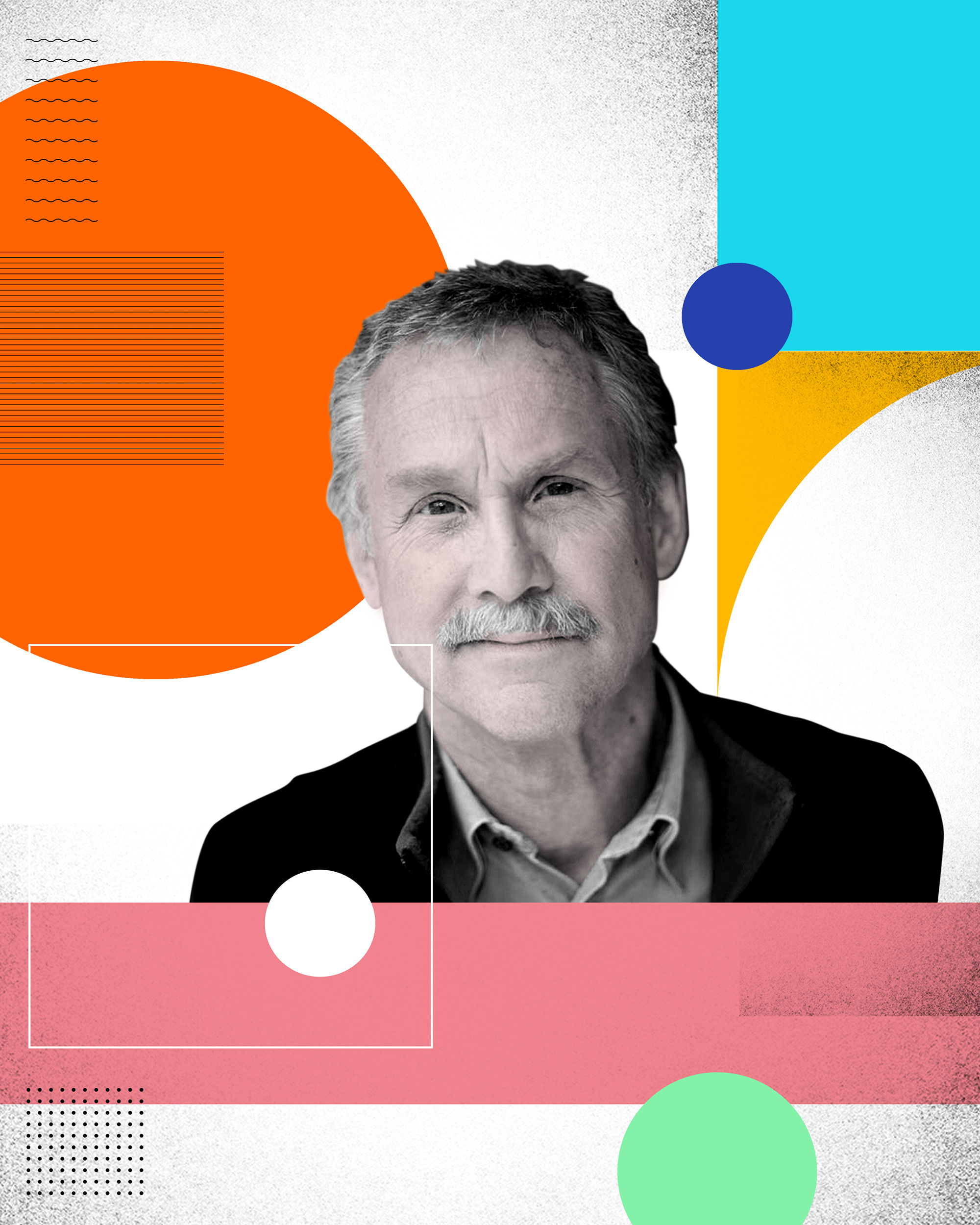- Home |
- Search Results |
- David Quammen: ‘Science warned this would happen. Politics didn’t care.’
David Quammen: ‘Science warned this would happen. Politics didn’t care.’
The author of Spillover: Animal Infections and the Next Human Pandemic on how the world ignored the warning signs over Covid-19.

The most surprising thing about Covid-19 is how unprepared for it we have been – unprepared for an event that was so predictable and predicted. The least surprising aspects are that a new virus has emerged from a nonhuman animal, almost certainly a bat, and infected humans; that this new virus belongs to the coronavirus family, a group of microbes well known for their capacity to evolve and adapt and cause lethal human disease; and that many of the first victims may have contracted their infections in a “wet market” where wild animals, captured and caged, were on sale as food amid a perilous jamboree of domestic animals, meat, seafood, and other edible products. All of that: foreseen as likelihoods and articulated as severe dangers by virus researchers, ten years ago and more.
Science knew this would happen. Scientists issued warnings. Politics didn’t care. Politicians made decisions against robust programs of pandemic preparedness—why?—because robust programs are expensive, both in money and in political capital. They cost billions. Of course, “billions” is trivial compared to the losses (even just the financial losses) brought by Covid-19. But there was risk in spending such money, and the political capital needed to marshal it, in defense against a pandemic that would happen eventually but might not happen before the next election. And politicians chose to avoid such risk.
We humans, we 7.7 billion, are the most abundant population of large-bodied animal on Earth. We are almost certainly the most abundant population of large-bodied animal that has ever lived on Earth—as the fossil record shows, by absence of evidence of any other such singular, dominating presence. We are also the smartest animal on Earth, whether smartness is measured in the ability to arrogate resources and transform environment, or in the ability to produce iambic pentameter and digital software and Gregorian chant. Yet we are still just mammals, not gods. This is one of the great truths that Charles Darwin gave us—probably the darkest and most unsettling of his truths: We are part of nature, not separate, not above. We are connected to other mammals in many ways, one of which is by sharing viruses.
Covid-19 is a forceful reminder of that. If we’re as wise as we are smart, we will embrace the reminder and, once this travail has abated, begin seriously to act on its lessons. If we do, there will be glorious opportunities for humanity to redesign our societies better to live in balance with nature. If we don’t, there will be more reminders. As bad as this pandemic may be, no one should presume it’s the last.
Perspectives is a series of essays from Penguin authors offering their response to the Covid-19 crisis. A donation of £10,000 towards booksellers affected by Covid-19 has been made on behalf of the participants. Read more of the essays here.